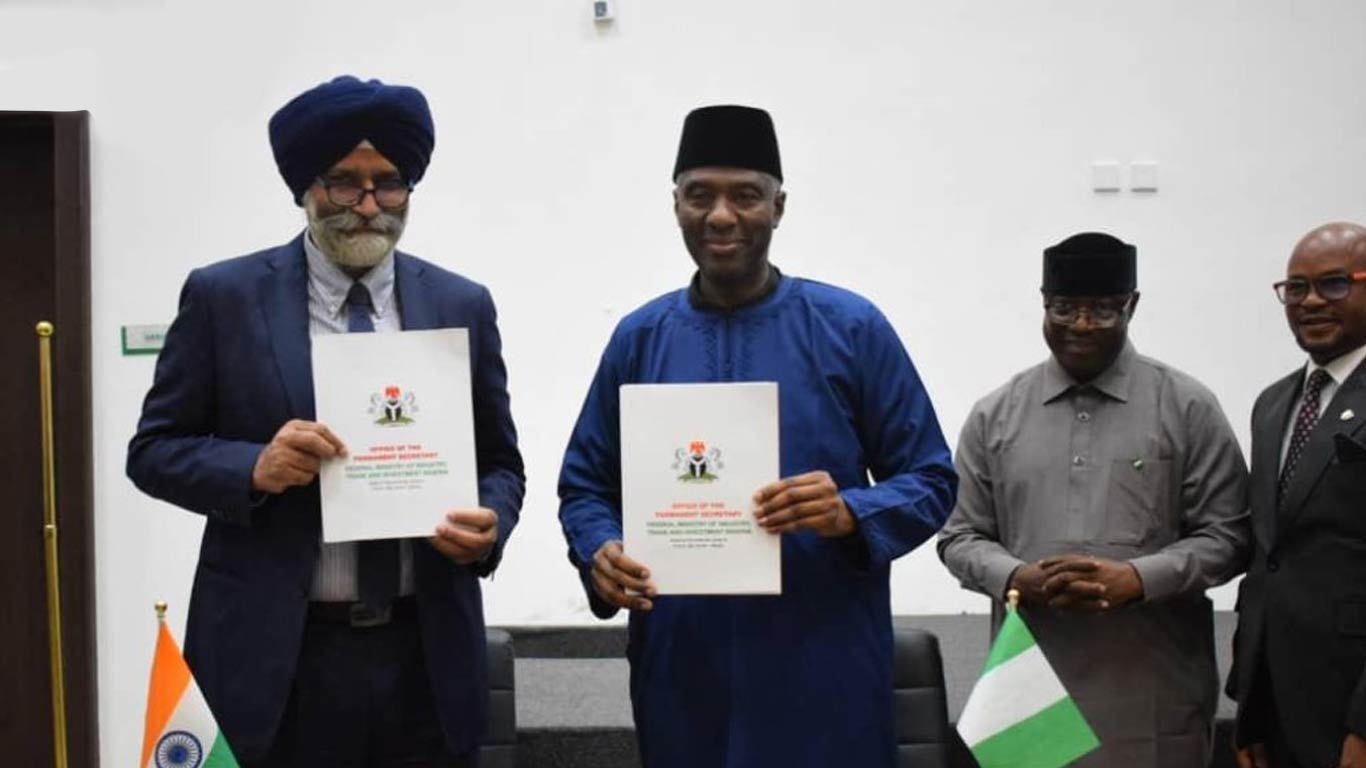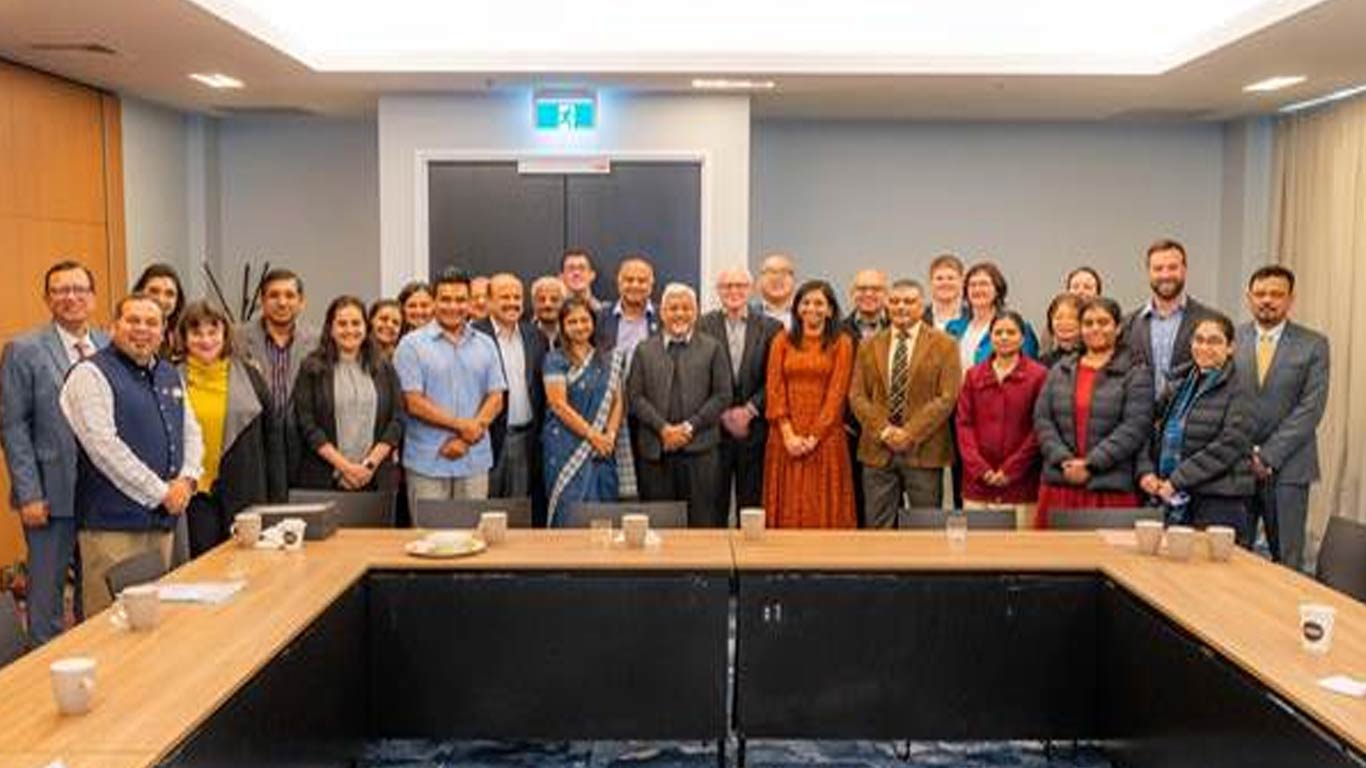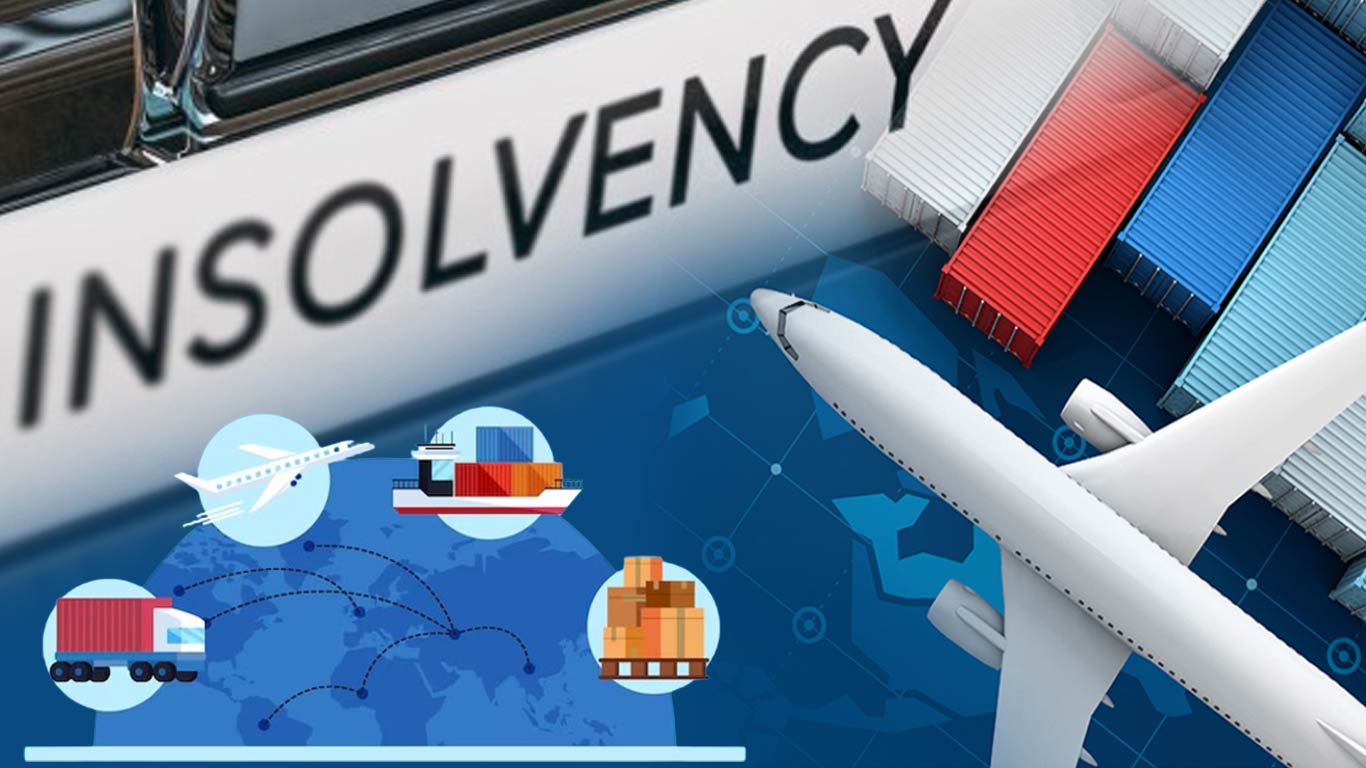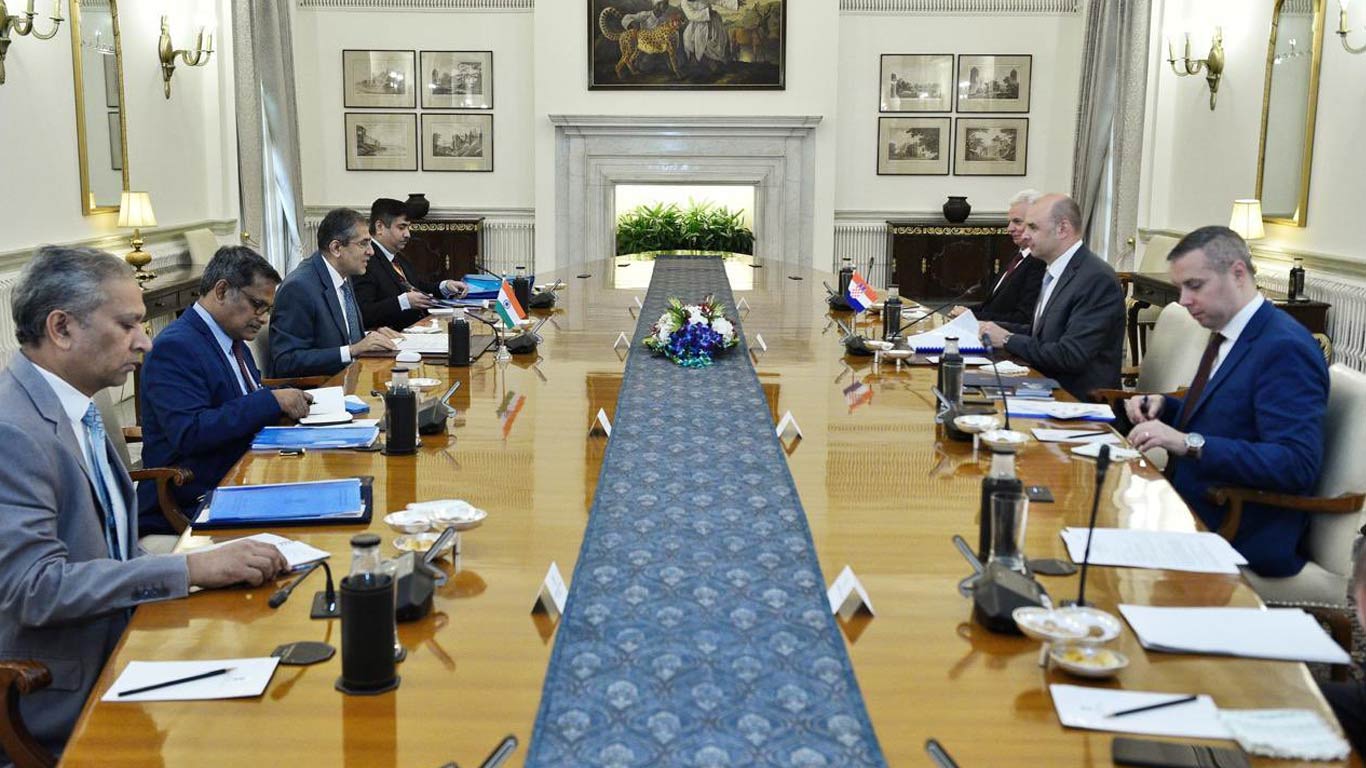India shows slight improvement in global corruption index rating
Updated: Dec 03, 2014 02:28:26pm

“Corruption is a problem of all economies and government must act to contain corruption and also to stop the corrupt from getting away with it,” Transparency International said today, adding that corporate secrecy, global money laundering makes it harder for emerging economies to fight corruption, according to an official release.
“More than two-thirds of the 175 countries ranked in Transparency International (TI)’s Corruption Perception Index 2014 (CPI 2014), score below 50, on a scale from 0 (perceived to be highly corrupt) to 100 (perceived to be highly Clean). It shows that public institutions need to be more transparent, and politicians and government officials more accountable,” it said.
Denmark comes out on top in 2014 with score of 92 while North Korea and Somalia share last place, scoring just 8.
There has been improvement in India’s CPI score as well, for the year 2014 the score is 38, which was 36 in the year 2013.
“The CPI score for India has increased by 2 points in 2014 from its 2013 score. This year we are not counting this as a significant difference in score and only considering 4 or more point change as a significant change. However, this 2 point change has led to India’s rank move up to 85 in 2014 from 94 in 2013. A two point increase suggests India efforts to reduce corruption seem to get captured in the index,” it said.
The change in CPI for India is driven primarily by two data sources the score increase in World Economic Forum’s data (WEF) and a score increase in World Justice Project’s index (WJP). These two data sources measure different perspectives of public sector corruption perceptions.
The WEF score captures perceptions of business executives on how it is for firms to make undocumented payments connected with: imports/exports, public utilities, tax payments, public contracts/licenses, and obtaining favourable judicial decisions. In addition, it also asks the executives their perception on how common it is in India to divert public funds to companies, individuals or groups due to corruption. A score increase on WEF suggests businesses in India are viewing the environment favourably with regards to their perception of corruption and bribery in the country.
The WJP rule of law index asks both experts and ordinary people for their perceptions of the integrity of public officials or authorities in the country in the following branches, especially if they use their public office for private gain: executive branch, judicial branch, police/military, and the legislature. So in line with WEF’s score change, the WJP score also goes up reflecting the perceptions of public sector corruption coming down slightly in India. In other words, if more government officials don’t exploit their positions of power then businesses would perceive less corruption or bribery taking place in the system.
In terms of the new government, the CPI possibly captures the anticorruption mandate on which the new government was elected and the possibility of some new reforms in this area. However, the data used for CPI mostly was collected prior to the change of government and therefore this will not reflect directly into any of the CPI sources.
To calculate India’s position this year, 9 out of 12 independent data sources specializing in governance and business climate analysis have been used. These, including Bertelsmann Foundation, World Bank and World Economic Forum, they helped in measuring perceptions of corruption in public sector, enables cross country comparability, comparison over time and quantitative granularity.
Commenting on the findings, Chairman India Chapter of Transparency International, Dr S.K Agarwal said, “New Government has got fully majority on agenda of Good Governance and now it’s high time to act and pass all pending anti-corruption bills including, “The Right of citizens for time bound delivery of Goods and services and Redressal of their Grievances Bill.”
“Modi Government has been talking about Black money stashed abroad , firstly it need to focus on the black money which is generated in India and invested in India and to deal with it we need a robust anti-corruption policy “ said Transparency International India’s Executive Director Ashutosh Kumar Mishra .
Transparency International India demands an early appointment of Lokpal; stringent law to deal with corruption in private sector; compulsory audit of accounts of political parties; electoral reforms to prevent tainted politicians from contesting elections and holding the position of power; enactment of legislation for forfeiture of illegally acquired property; speedy trial of criminal cases against Ministers, MPs and MLAs; effective implementation of UN Convention Against Corruption; passage of Benami Transaction (Prohibtion) Bill to check black money in India.
The Corruption Perception Index is based on expert opinions of government/public sector corruption. Countries scores can be helped by open government where the public can hold leaders to account, while a poor score is a sign of prevalent bribery, lack of punishment for corruption and public institution that don’t respond to citizen’s need. (KNN/ES)











